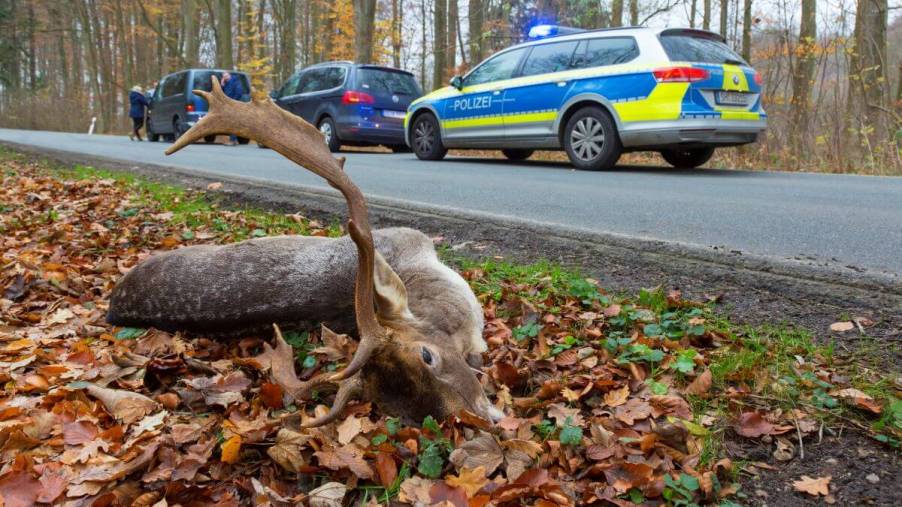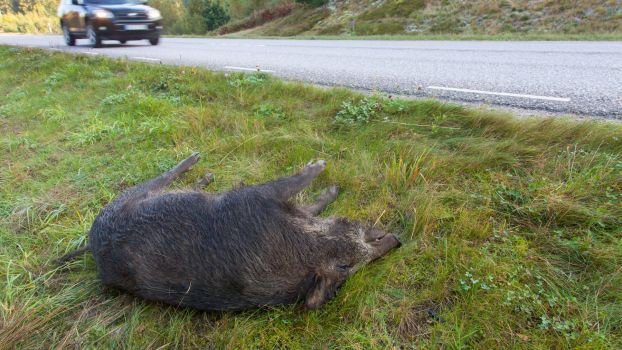
PETA Claims It’s Healthy and Humane to Eat Roadkill
Roadkill can be a common car safety problem or a rare oddity depending on where you live. DOT estimates say between 1 million and 2 million animals are involved in car crashes annually. They can be a minor inconvenience or cause serious injury, property damage, and even deaths for the humans in the car. Obviously, this is a bigger problem in rural areas populated with larger animals like deer, bears, and elk.
If it’s ever crossed your mind whether it’s safe or legal to eat roadkill, you’re not alone. In fact, the People for the Ethical Treatment of Animals (PETA) is more accepting than you might expect of eating roadkill.
PETA approves of eating roadkill
“If people must eat animal carcasses,” PETA says on its website, “roadkill is a superior option to the neatly shrink-wrapped plastic packages of meat in the supermarket.” While PETA strongly promotes a vegetarian diet, the animal rights advocacy group determines that eating wild animals killed in car crashes is a more ethical way to consume meat compared to modern farming practices.
“Eating roadkill is healthier for the consumer than meat laden with antibiotics, hormones, and growth stimulants, as most meat is today,” PETA’s website continues. It goes on to say that wildlife being accidentally hit by cars is more humane than castration, dehorning, debeaking, etc. PETA concludes that “the animals never knew what hit them,” proving the group has a sense of humor.
Is it safe and legal to eat roadkill?
Whether it’s legal to eat roadkill depends on where you live. California recently legalized eating roadkill, but only for certain animals. If you hit a deer, elk, pronghorn antelope, or wild pig in California, it’s legal to bring it home and eat it. You also need what California calls a “wildlife salvage permit.”
California is the 29th state in the U.S. to explicitly legalize eating roadkill. In some parts of the country, eating roadkill is part of the local culture. There’s even an annual roadkill festival in West Virginia with competing roadkill recipes, and a chef named Doug Paine runs a roadkill supper club in Vermont.
According to The Guardian, roadkill is safe to eat under some conditions. For starters, it’s important not to pick up already dead animals you find on the side of the road. Since you don’t know how long it’s been there, there’s a good chance the meat has already spoiled.
What to do if you hit an animal
If you hit an animal, you should call the local authorities before hauling it into your car. If it’s legal to bring it home, it must be cooked within 12 hours of the animal’s death for the meat to be safe for human consumption.
From there, you treat the roadkill like you would a prize animal from a hunting trip. You can dress it yourself if you have the proper skill set or take it to a local butcher willing to work on it for you.
Roadkill might not sound very appetizing, but advocates say it’s a higher quality meat than anything you can find at a grocery store. In most cases, wild venison is organic, free-range, grass-fed meat. Animals that allegedly make for good eating include bears, elk, and moose when prepared properly. As for smaller animals that often fall victim, like squirrels and raccoons, those aren’t quite as popular.



